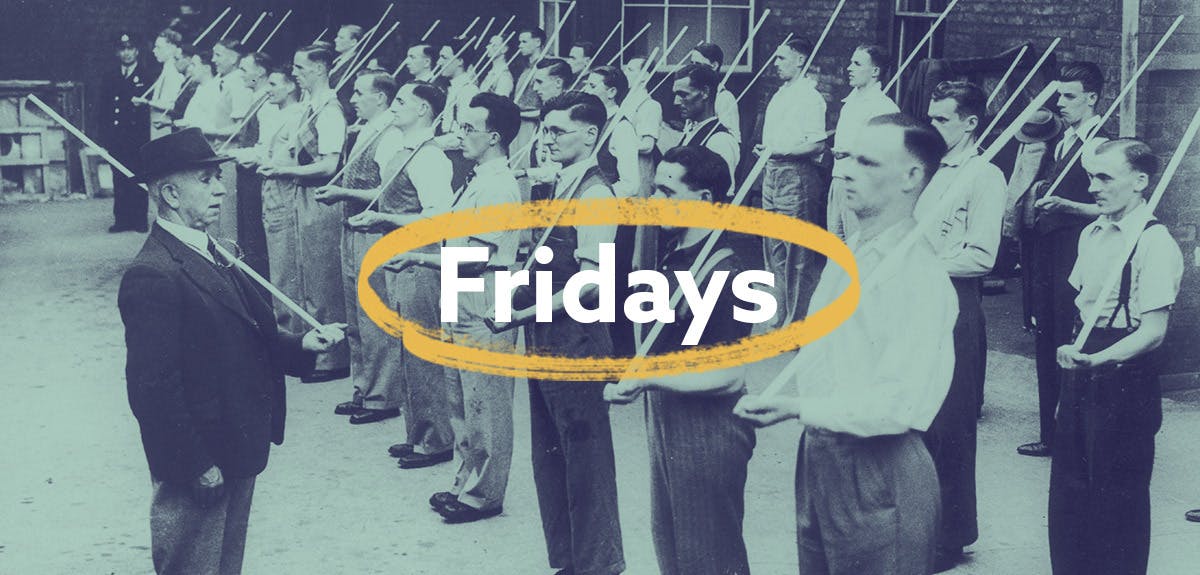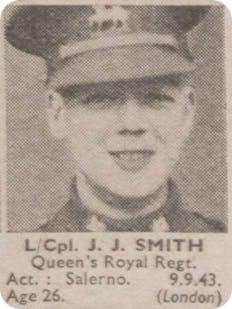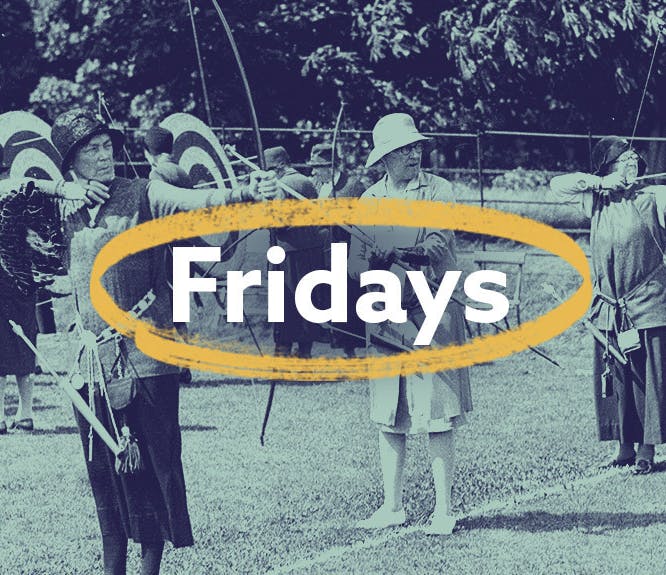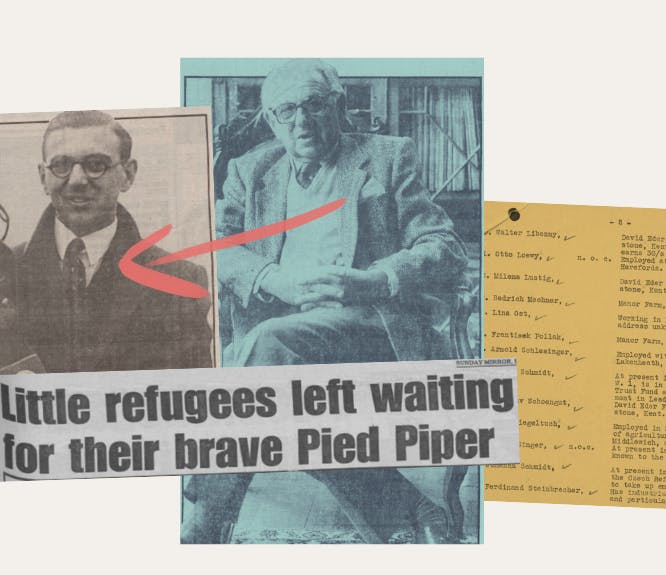More fascinating World War 2 records released
2-3 minute read
By Liam Kelly | May 15, 2020

We’re continuing a month of Second World War releases with photographs of fallen soldiers and records of those who served on the Home Front.
Here’s what’s new on Findmypast this week, including World War 2 records and over 1.5 million additional entries into our UK Electoral Registers and Companies House Directors collection.
Durham Home Guard 1939-1945
Did your ancestor serve with the Durham Home Guard between 1939 and 1945? Over 80,000 records are available in this collection, and could tell you:
- Their date and place of birth
- The battalion they served in
- Their death year and burial county
Set up in May 1940, the Home Guard was Britain’s last line of defence against an invasion by Germany.
Members of the Home Guard were men usually above or below the age of conscription or those unfit or ineligible for front line military service.
In a broadcast on 14 May 1940, Secretary of State for War Anthony Eden called for men between the ages of 17 and 65 to enrol in a new force called the Local Defence Volunteers. By July of 1940, nearly 1.5 million men had enrolled and the name of the volunteer force was changed to the Home Guard.
With scarce and often make-do weaponry, the Home Guard was at first a rag-tag militia. Over time, they evolved into a well-equipped and well-trained army of 1.7 million men. The Home Guard was not only ready for invasion, they also performed other roles during the war effort including bomb disposal and manning anti-aircraft and coastal artillery.
Faces of the Fallen 1939-1945
Explore this unique collection of fallen service personnel from World War 2. It includes over 1,000 photographs of those who lost their lives during the conflict. Along with poignant photos, these records can reveal:
- Places of residence
- Soldier numbers and ranks
- Regiments
- Dates and places of death

Lance Corporal John James Smith from Middlesex. He served with the Queen's Royal Regiment and died on 9 Sep 1943.
Originally printed in The War Illustrated magazine, the photos date from 1939 to 1945 and cover all branches of Britain's armed forces.
UK Electoral Registers & Companies House Directors 2002-2020
A further 1.5 million records have been added with this latest update. These records, made up of publicly available information, are extremely useful for pinpointing names and addresses and can be particularly helpful if you are tracing living relatives.
All limited companies in the UK are required to register at Companies House, which is an executive agency of the Department for Business, Innovation and Skills.
Electoral registers have been a legal requirement since 1832. They are used to register every citizen eligible to vote. In 1928, the legal age to vote was reduced to 21 for all men and women. In 1971, the voting age was changed again to 18.
To keep you busy and connected with family history during the lockdown, we're still hosting a range of extra online discussions and events on Facebook every week. Our livestreams continue every Tuesday, Wednesday and Thursday at 16:00 BST. Come join us and get involved.
Related articles recommended for you

Celebrating International Women's Day with women's wartime records
What's New?

Discover the surprising romances and shadowy figures within Michael Palin's family tree
Discoveries

The remarkable true story of the man who saved 669 children from the Nazis
History Hub

